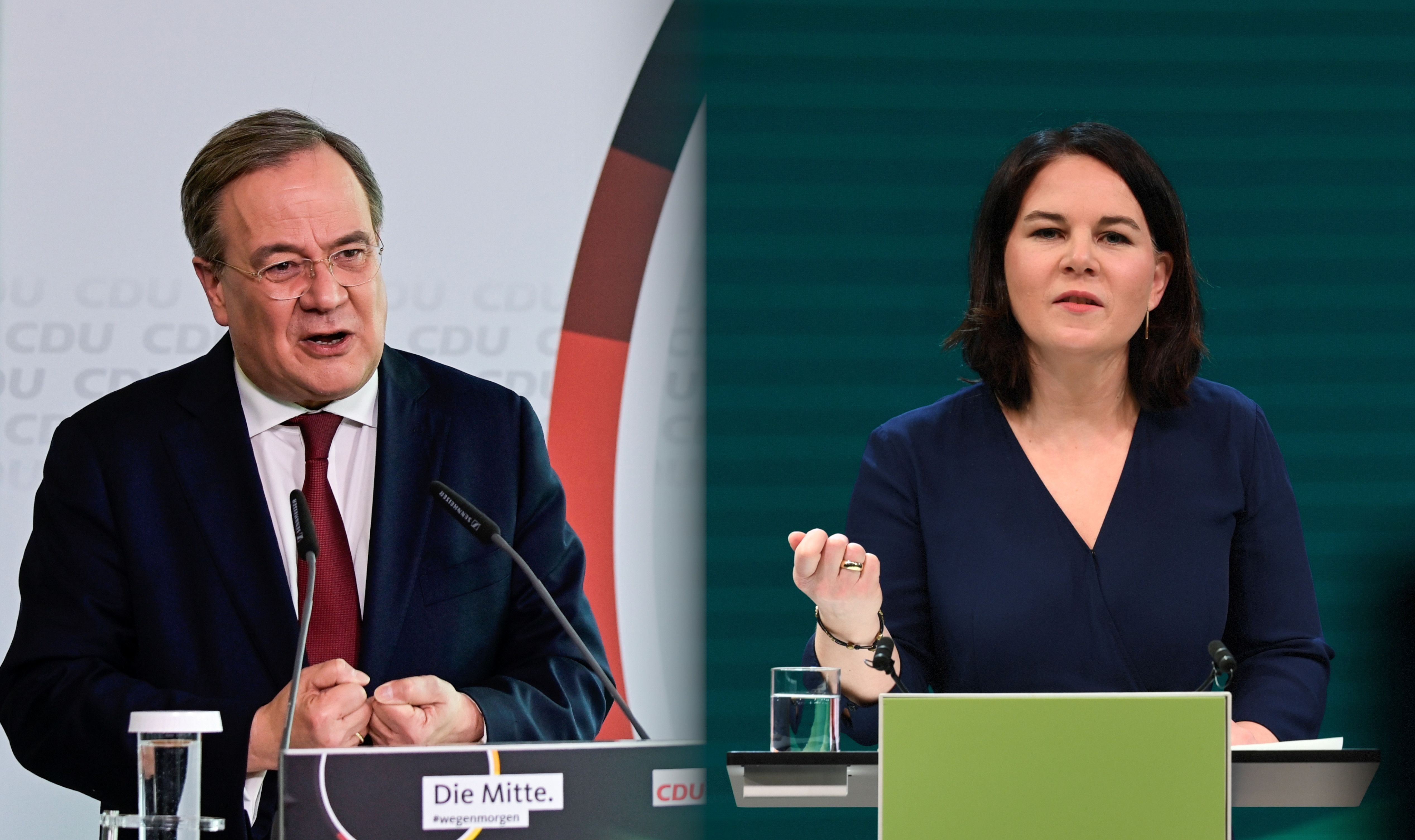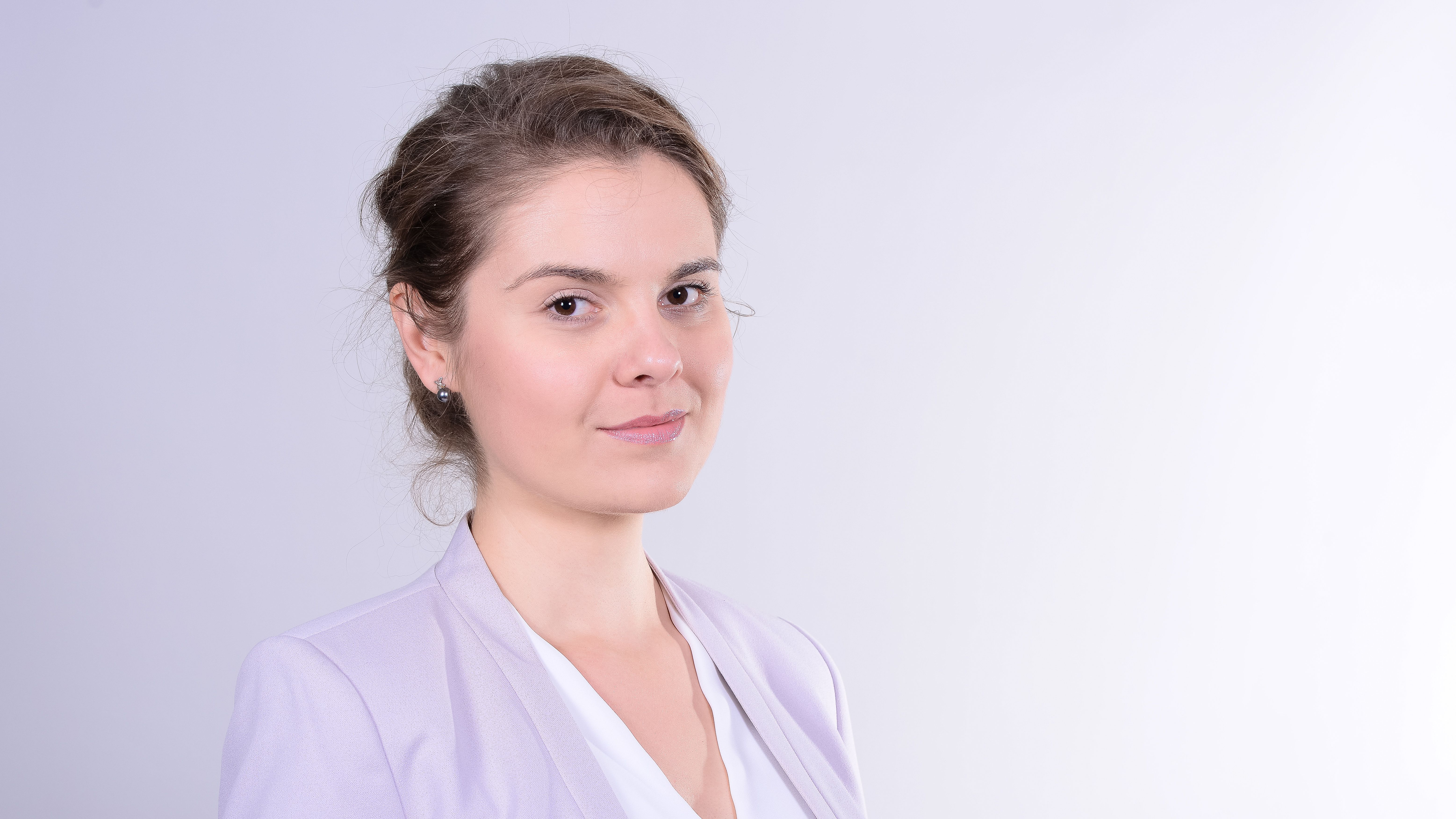Almost Coalition Partners —CDU/CSU’s and the Greens’ Candidates for Chancellor of Germany

Under what circumstances was Laschet nominated?
Laschet’s nomination was preceded by a more than week-long, intra-party dispute between the supporters of the CDU chairman’s candidacy and a faction supporting the CSU leader and Bavarian prime minister, Markus Söder, whose nomination was supported by his high popularity in public opinion polls in which Söder was liked by 63% of respondents compared to 29% for Laschet (83% and 43%, respectively, among the CDU/CSU electorate). Despite the support for Söder’s candidacy from some CDU MPs to the Bundestag, as well as the prime ministers of Saxony-Anhalt and Saar Reiner Haseloff and Tobias Hans, Laschet was selected thanks to support from the majority of CDU board members, who voted in his favour in the internal ballot.
How was Baerbock nominated?
Robert Habeck and Annalena Baerbock, both party leaders, were mentioned as potential Greens candidates for the chancellorship. After many months of consultations, the leaders of the Greens decided that Baerbock should run for the most important office in Germany. Although Habeck is more popular among voters (42% compared to 29% for Baerbock), Baerbock benefits from foreign policy experience and an image as a representative of the young generation whose aim is to modernise Germany while caring for the environment, developing the economy, and equalising social opportunities.
What is the significance of their nominations to the future of the CDU/CSU and the Greens?
The choice of Baerbock and Laschet will affect the style of their respective party’s campaign. The goal of the leaders will be to win over voters in the centre, an electorate that is key to victory. That is why the candidates will present themselves as moderate politicians: while Laschet portrays himself as an experienced politician and a continuator of Merkel’s course, Baerbock proposes a “renewal” of Germany and extensive reforms, from the economy to environmental protection, which are to benefit all social groups. At the same time, for Baerbock, if her party wins the federal elections with over 20% support, it will strengthen her position in the party and ensure she continues to lead it. Meanwhile, for Laschet, an election victory may become a condition for maintaining his position as CDU chairman.
Are the candidates willing to support the creation of a CDU/CSU-Greens coalition after the Bundestag elections?
Both Laschet and Baerbock do not reject the possibility of forming a coalition after the federal elections. Such a coalition is all the more likely as the CDU/CSU and the Greens have ruled together in Baden-Württemberg for five years. However, the agreement will depend primarily on the outcome of the elections, the coalition negotiations, and a compromise on the most important disputed issues, which include energy, fiscal, and housing policy. Divergences may appear in the area of foreign policy, which may mean changes in the position of Germany on key issues from the Polish perspective. However, the most radical demands of the Greens regarding a tightening of the course towards China and Russia, and the withdrawal of Germany from NATO’s tactical nuclear weapons sharing programme, will most likely be opposed by representatives of the CDU/CSU.


